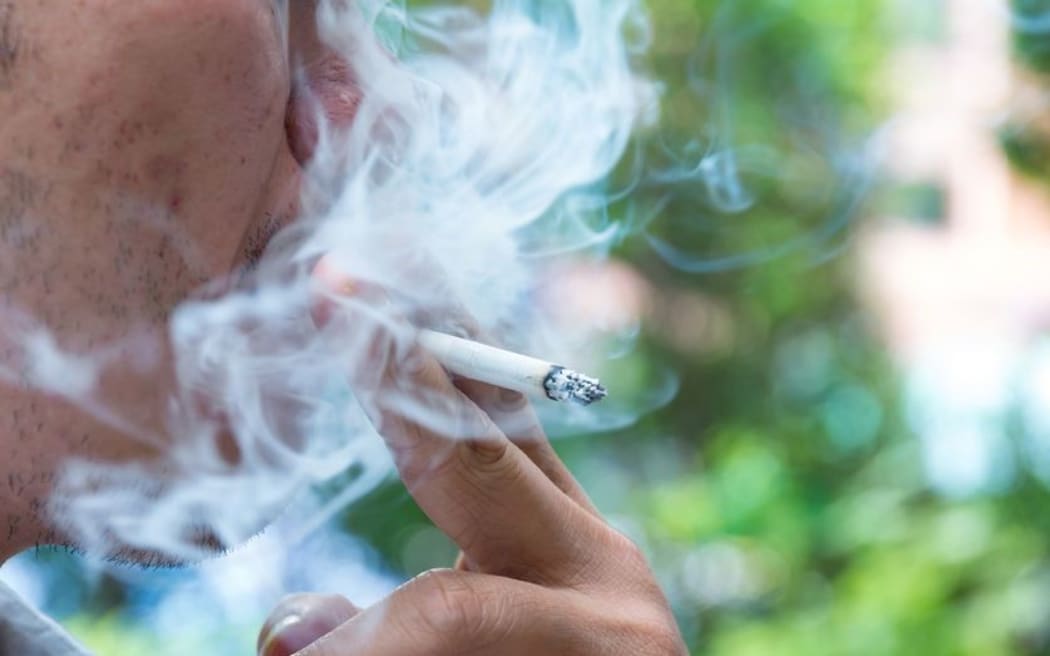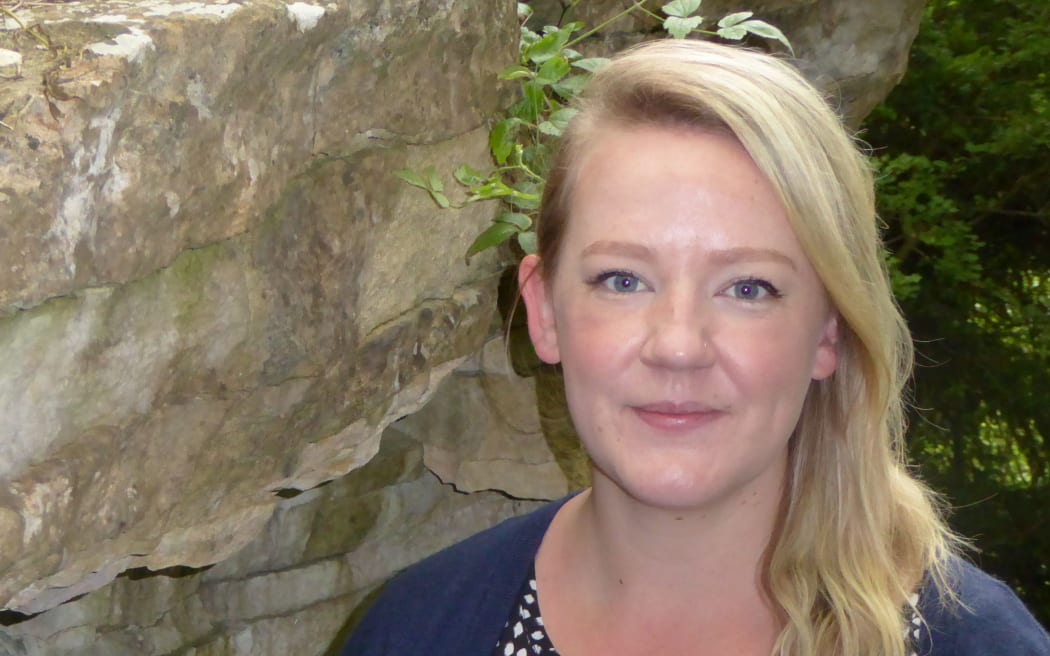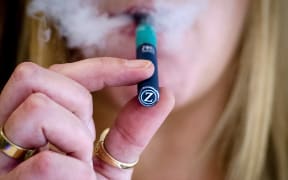A group of health researchers is calling on the government to introduce laws restricting where tobacco can be sold.

Researchers want the number of tobacco sales outlets in New Zealand cut. Photo: 123RF
The University of Otago researchers say a licensing system is needed to help New Zealand reach its goal of being smoke-free by 2025.
In an article, published in the New Zealand Medical Journal, the researchers outlined strategies to curb tobacco sales.
Its authors, Professor Janet Hoek, Dr Louise Marsh, Professor Richard Edwards, Professor Rob McGee, Frederieke van der Deen and Lindsay Robertson questioned why there were no restrictions on where tobacco could be sold, the type of outlets able to sell tobacco, or on the age of those who could sell it.
Ms Robertson, who is studying for her PhD, said tobacco could be regulated by only selling it in specialist outlets where children were not allowed, banning it from sale in places where alcohol was consumed, and only selling it in pharmacies.

University of Otago researcher Lindsay Robertson Photo: SUPPLIED/University of Otago
Ms Robertson said while the actual number of tobacco retailers was not known, the researchers identified more than 5008 retail outlets where it could be purchased - but there could as many as 8000 outlets.
"We don't actually have any 100 percent accurate lists of who is selling tobacco in New Zealand and it's available almost everywhere.
"You can buy tobacco from dairies, convenience stores, supermarkets, petrol stations, so that's what we mean when we say it's relatively unregulated."
She said the fact that tobacco was available almost everywhere was a major form of marketing, and it was odd that the government had not reduced its availability given its aim to make New Zealand smoke-free by 2025.
Not just being able to pop to the local shop and buy some cigarettes would have many benefits, she said.
"Those include enforcement officers having accurate information about who was selling it, making it easier to monitor what was happening in those shops and making sure people were not selling to minors.
"In the long-term some evidence showed that it helped people quit by reducing its availability."
At a presentation to the Māori Affairs Select Committee last year, the Ministry of Health indicated that interventions to limit tobacco's availability were considered a 'low priority', Ms Robertson said.
No one was available to comment from the Ministry of Health.





